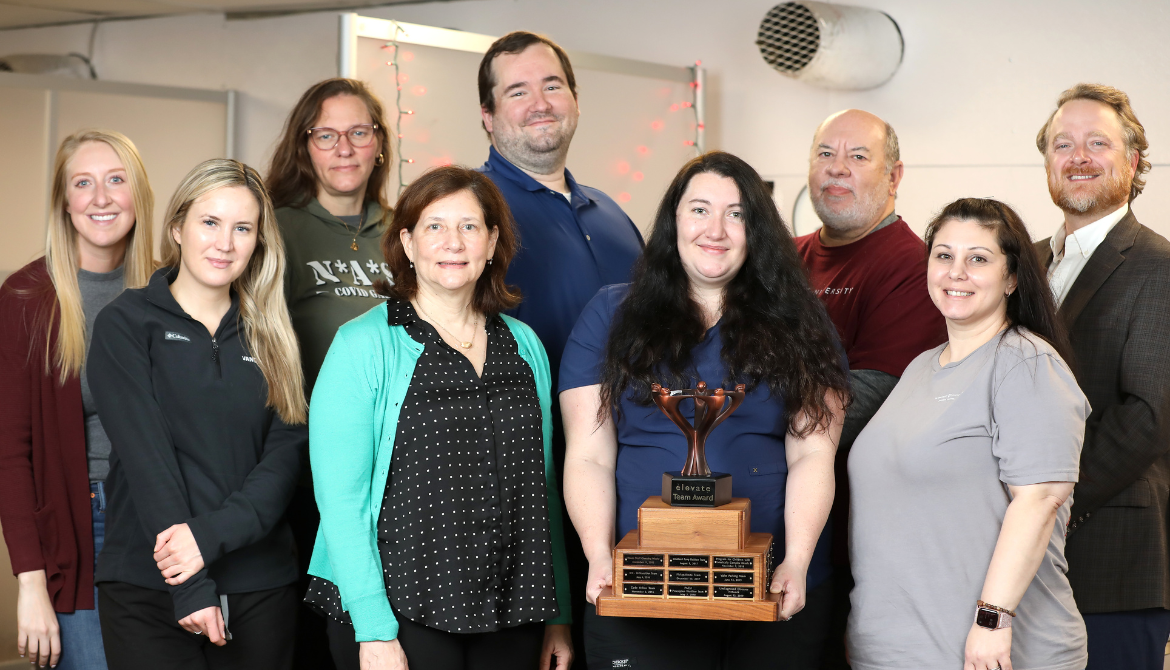
Vanderbilt Health Clinic Keeping High-Risk COVID-19 Patients Safe
Before the COVID-19 vaccine was readily available and especially vulnerable populations had no preventative medicines to combat the virus, Vanderbilt Health opened a new clinic offering monoclonal antibody treatment. With no way to prevent the infection, the investigational antibody treatment was approved for emergency use in patients who tested positive for COVID-19 and were at high risk of developing severe disease or requiring hospitalization. The Food and Drug Administration (FDA) approved the treatment in early November 2020, and Vanderbilt Health opened a clinic to provide the intravenous infusions to high-risk patients just nine days later. To qualify for the treatment, patients had to meet certain criteria, including those who were over 65, those with immunosuppression and those with preexisting conditions that placed them at increased risk for hospitalization. The first in Nashville and one of the first in the country, Vanderbilt Health’s Monoclonal Antibody Infusion Clinic provided hour-long infusions to more than 80 outpatients every day. This effort included professionals from multiple disciplines across the Vanderbilt Health system. As variants emerged, pharmacists worked quickly to update the infusions to combat the evolving virus. To date, more than 5,700 patients have received infusions, including many transplant patients who are severely immunocompromised. The impact has been profound, as hospitalizations have markedly decreased in the populations who have received the infusions. In December 2021, the FDA approved Evusheld, a long-acting preventative antibody treatment that can protect high-risk patients from being infected with COVID-19. The antibodies used to create the treatment were discovered by Vanderbilt Health scientists, and the clinic was proud to offer the treatment once it was made available.

